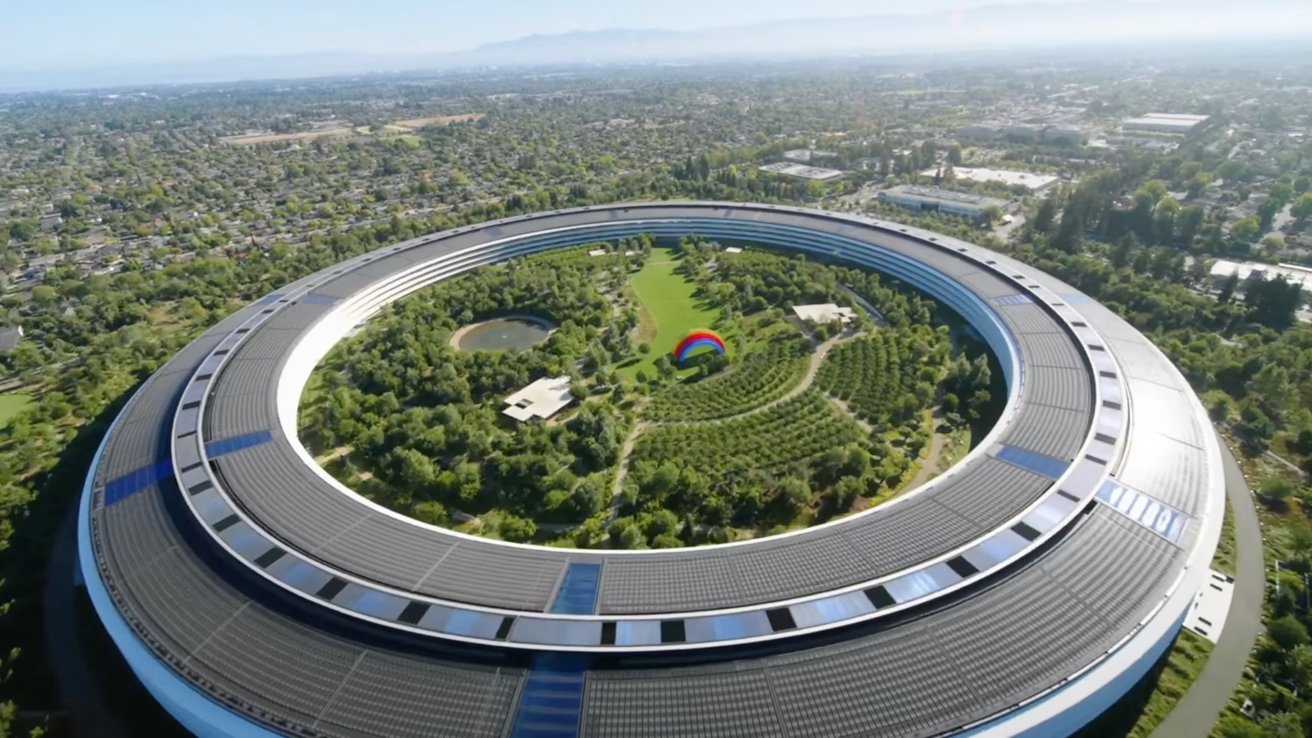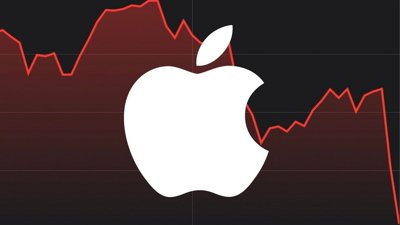Tech companies have cut back on spending the easiest way that they know how with mass layoffs, but Apple has avoided layoffs so far, with CEO Tim Cook calling it a "last resort."
Silicon Valley hired a mass of people during the pandemic to account for increased demand. As the pandemic ended and an economic downturn began, demand for those products waned, and mass layoffs began.
So far, Apple has impressively avoided mass layoffs. The company slowed hiring and cut costs in other ways.
After Apple's expectation-beating Q2 earnings report, CNBC spoke with CEO Tim Cook about the quarter. The conversation drifted to layoffs, to which Cook responded that mass layoffs were not in the plans.
"I view that as a last resort and, so, mass layoffs is not something that we're talking about at this moment," Cook said.
Apple's positive earnings and lack of layoffs will likely be a morale boost for the American company. Google, however, is facing other issues as it's 12,000 employee mass layoff was followed by a $70 billion stock buyback program and CEO raise.
Cook calls mass layoffs a last resort, but that doesn't mean it's totally off the table. Rumors suggest that 2023 could be a muted year for Apple hardware, which might lead to more penny-pinching in the future.
 Wesley Hilliard
Wesley Hilliard



-xl-m.jpg)




 Chip Loder
Chip Loder
 Christine McKee
Christine McKee
 William Gallagher
William Gallagher
 Amber Neely
Amber Neely
 Malcolm Owen
Malcolm Owen
 Andrew Orr
Andrew Orr




-m.jpg)






6 Comments
No need to lay off anyone with that amount of revenue.
Apple is as well setup as most any company to weather some tough time. Their biggest liability, IMO, is their appeal to higher-end, and/or luxury markets. If times get really tough, they'll get really tough quite a way up the economic chain. I suppose people will still need phones and computers, but a lot of other areas could take a huge hit, and people will slow the upgrade cycle. Maybe we'll get lucky, and it will take out Services, heh!
And instead of being thankful that workers have their jobs, we’ve got unions trying to extort more money from Apple, inevitably forcing layoffs if the unions get their way.
Tech companies like Meta and Google did massive layoffs because in the years leading up to the pandemic, they spent money left and right, and spent even more during the pandemic thinking that the money would flow forever-except it didn't. In the tech world, it was all about "growth", and "user base." Let's take Snap (formerly Snapchat) as an example. It was worth over a billion dollars-without a penny in revenue. When the tech media questioned this strange valuation, key investors, that too Harvard MBAs, replied that people didn't know how to value a company without revenue, as if being Harvard MBAs they had some secret method. People who used terms like "cash flow" and "profits" were derided as bean counters who couldn't innovate.
Tim Cook and Apple got it the worst. The Googles and Metas (formerly Facebook) and Teslas, which spent like druken sailors could do no wrong in the eyes of the tech media. In the eyes of the tech media, the more a company spent, the better. Spending money willy nilly was a sign of having the courage to pursue bold bets. Meanwhile, Apple, which would generate billions in cash flow, was derided as being too afraid to make big bets. Google spent several billions on Motorola, a money losing company, and Google was called one of the most courageous companies out there, in contrast to Apple led by bean counter Cook, which shied away from such splashy deals. Facebook spends $20 billion on WhatsApp (and that too using shareholder money) and Mark Zuckerberg is crowned the next great CEO. I still remember a news article which contrasted Apple's M&A strategy which shunned such massive acquisitions, to the splashy deals that had taken place around that time. The author claimed that if Musk or Zuckerberg were in charge of Apple, they would be "more acquisitive with Apple's cash," not being afraid to use Apple shares to make acquisitions.
Look how the tables have turned. The companies that basked in the tech media spotlight for supposedly having the courage to invest in innovation are the very companies that executed mass layoffs. Let's also not forget that Google and Facebook were trendsetters in creating classes of public stock designed to concentrate power in the hands of founders-supposedly so that the company could focus on innovation and protect itself from short-sighted shareholders. The irony is that those same companies executed mass layoffs mainly to appease the same shareholders they endeavored to protect themselves from, to show them that they were doing something to weather the coming uncertain times.
I think there are two reasons behind the mass layoffs. First of all, the economic climate has gotten more uncertain with rising rates and the possibility of a recession. During such times, companies do have to focus on pursuits that are yielding cash flow. But I think there's another factor here. Tech companies' can't afford to have long periods of depressed or stagnating stock prices, not when employee compensation is tied to stock. Mass layoffs were tech companies' way of telling the market that they were serious about getting their costs under control and generating cash flow.
The jury is still out on Apple, IMO. Apple may have to lay some people off. But by Apple's being careful with how it spends its money in the first place, Apple hasn't had to do mass layoffs yet like its peers.